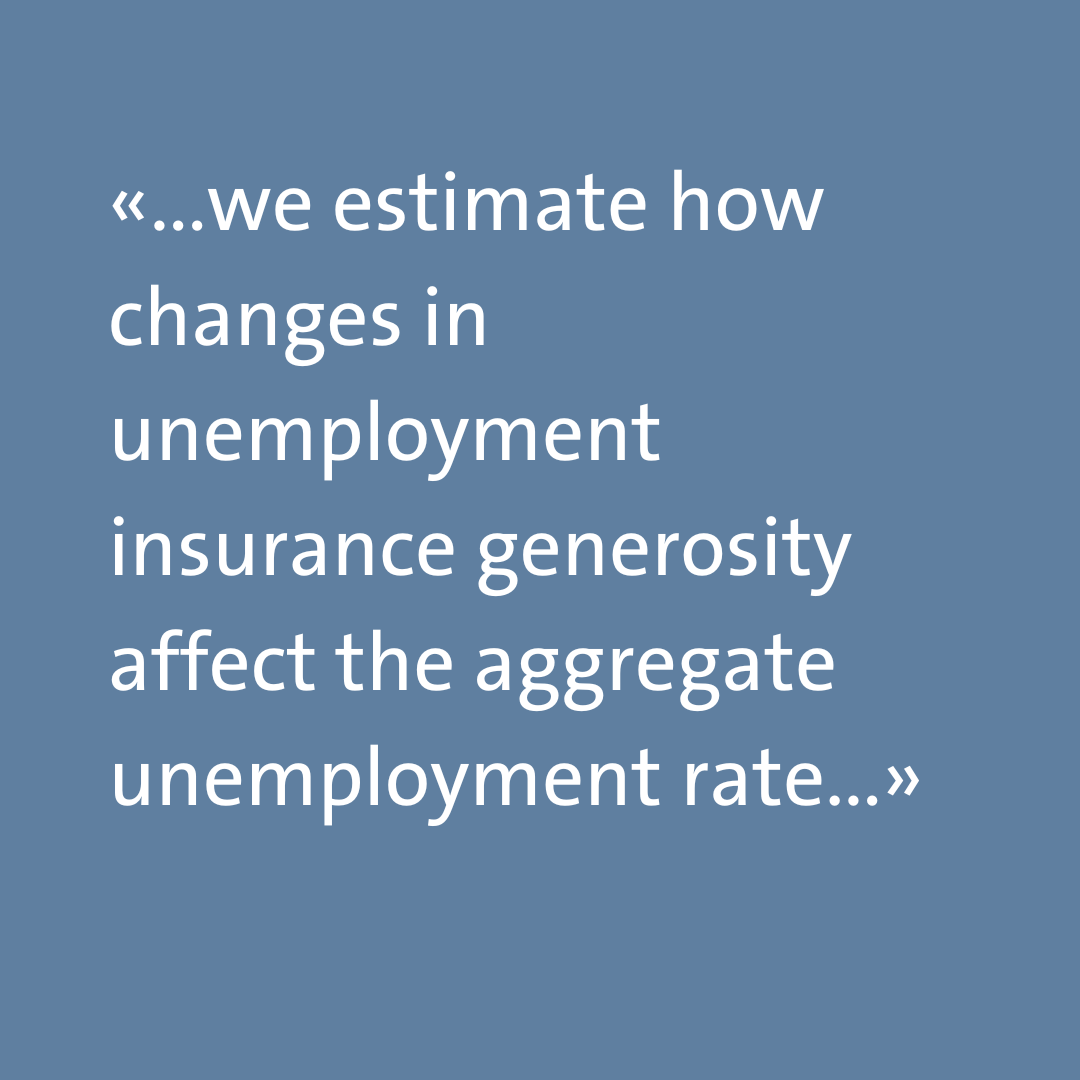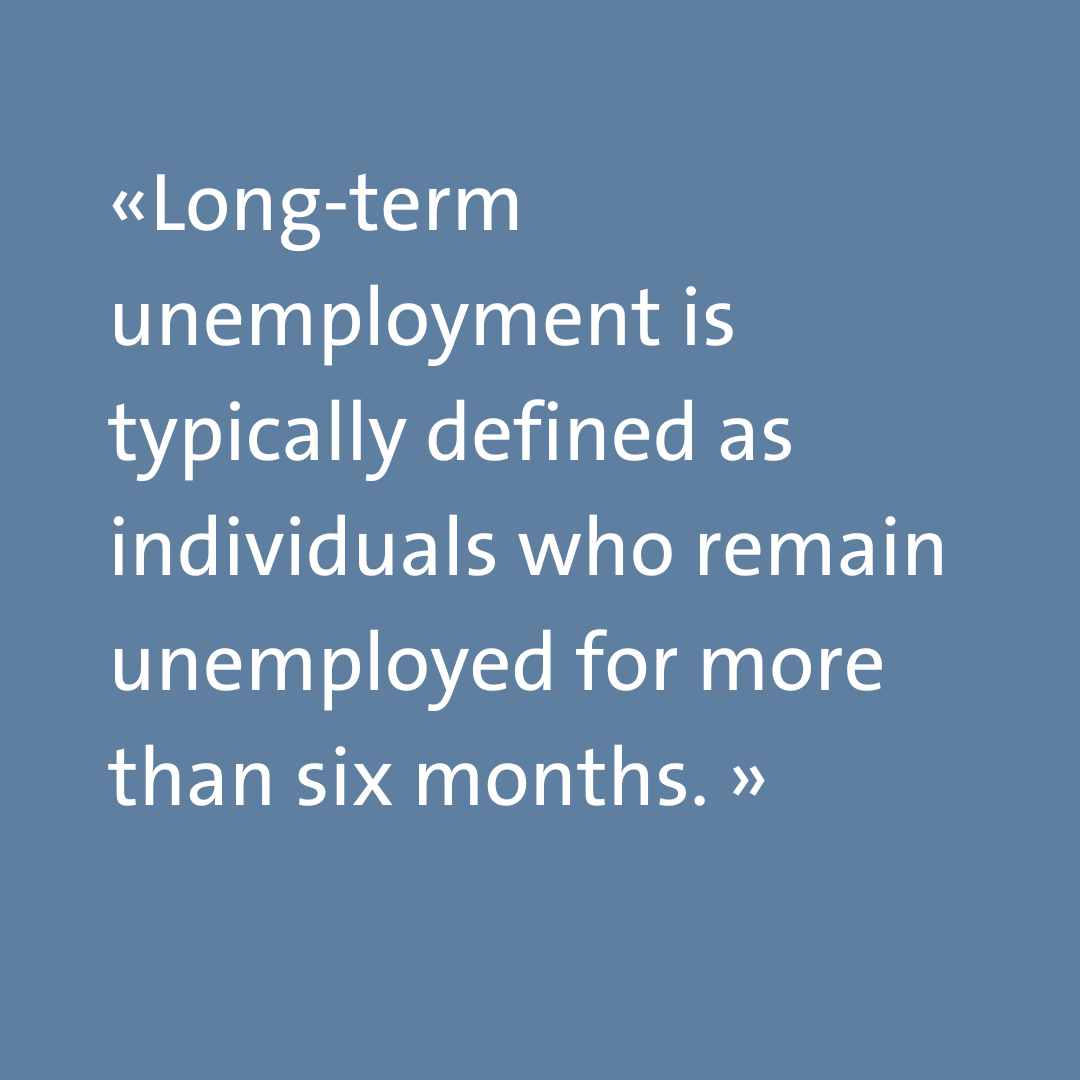Navigation auf uzh.ch
Navigation auf uzh.ch
Andreas I. Mueller joined the Department of Economics as Professor of Macroeconomics and Labor Markets and is an Affiliated Professor at the UBS Center. Andreas works in the areas of Business Cycles, Labor Markets, Unemployment Insurance and Job Search Behavior.


My research focuses on understanding the process of job seeking and job finding as well as the interplay of these individual-level decisions with macroeconomic forces. One of my current research projects on the “Macroeconomic Effects of Unemployment Insurance (UI) Extensions at Short and Long Durations” is a good example of this: we try to determine what are the effects of making UI more generous on the aggregate labor market.
Traditionally, research has focused on estimating the magnitude of individual-level disincentive effects of UI, but we estimate how changes in UI generosity affect the aggregate unemployment rate, which takes into account general equilibrium effects, such as firm-level hiring decisions or Keynesian stimulus effects. We find that indeed the unemployment rises in response to more generous UI.

The existence of long-term unemployment is an important challenge in many labor markets, especially during times of recessions when it rises sharply. Long-term unemployment is typically defined as individuals who remain unemployed for more than six months. The factors that lead individuals to become long-term unemployed are still poorly understood. For example, socio-economic factors such as educational attainment or income are only weakly associated with the likelihood of becoming long-term unemployed.
In a recent research project, we investigate with incredibly rich administrative data and machine learning tools whether it is possible to better predict the likelihood of an individual to become long-term unemployed. We find that the rich data allow us to predict much better the likelihood of becoming long-term unemployed. Factors that are particularly important are related to individuals’ labor market history and health status. This has important implications as one can potentially target better these individuals at the beginning of the unemployment spell with job search advice or other labor market programs.
The existence of unemployment – individuals that would like to work but can’t find work – in modern market economies is at odds with the classical paradigm of supply and demand. At the same time, unemployment has tremendous individual costs on income, consumption, and psychological well-being. From a macroeconomic perspective, unemployment represents a massive unused resource. For all these reasons, I believe understanding all the factors that influence unemployment and the reasons why it rises so much in recessions are incredibly important questions.
Text by Maura Wyler / UBS Center